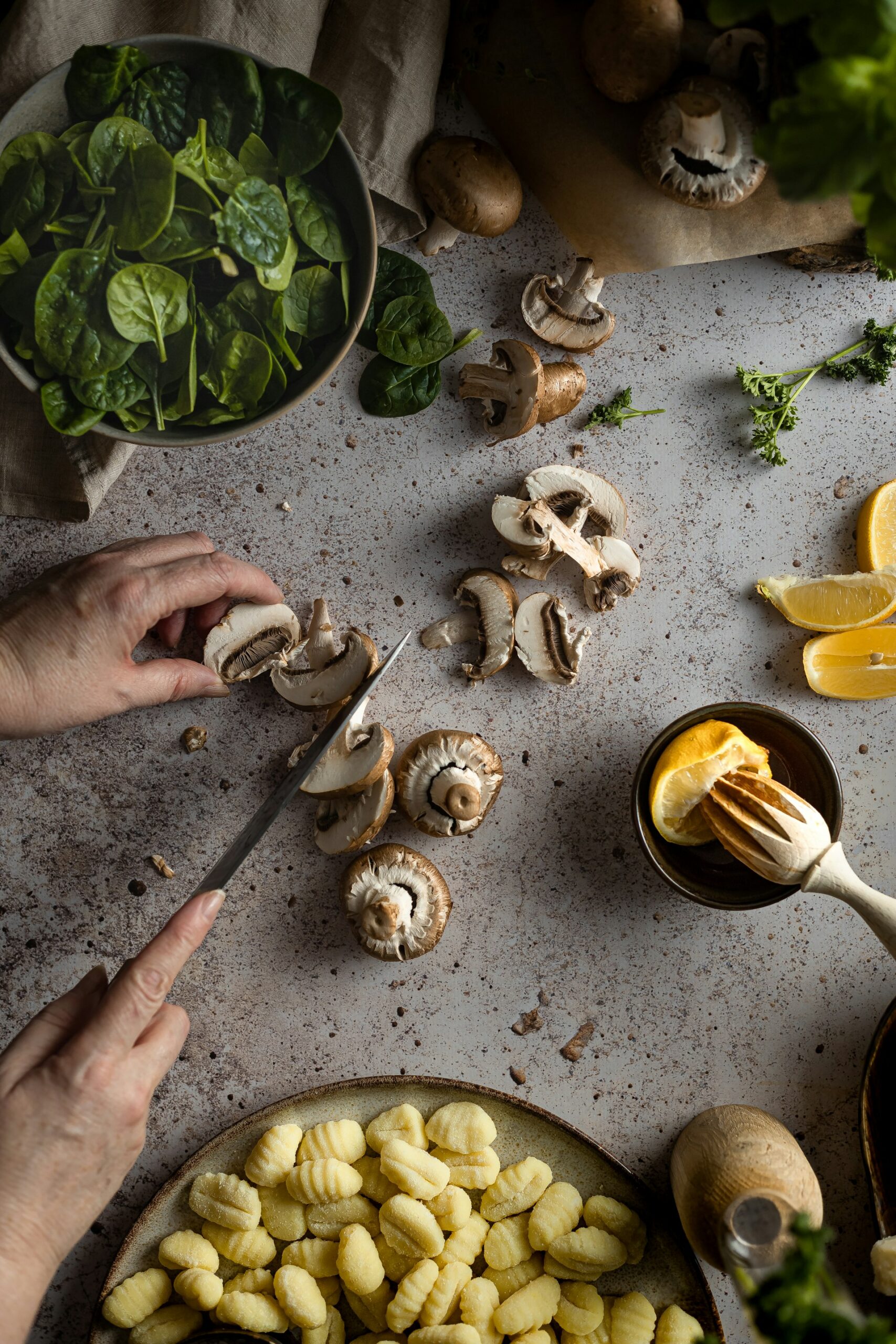
Are you wondering if you can eat mustard while pregnant? Mustard is a common condiment that is used in a variety of dishes, and it’s natural to wonder if it’s safe to consume during pregnancy. The good news is that mustard is generally considered safe for pregnant women to eat, as long as it is consumed in moderation.
Mustard can offer a few potential benefits to pregnant women when consumed as part of a well-balanced diet. It can add a burst of flavour and variety to meals. Its zesty, tangy taste can enhance the overall enjoyment of food. Additionally, mustard is rich in nutrients like vitamin C, which can help boost your immune system and protect against infections. However, it’s important to note that overconsumption of mustard may lead to throat irritation, blisters, or miscarriage.
Nutritional Overview of Mustard
Mustard is a condiment that comes from the seeds of the mustard plant. It is widely used in cooking and has a distinctive tangy flavour. If you are pregnant, you may be wondering if you can eat mustard. The good news is that mustard is generally safe to consume during pregnancy, and it can even provide some nutritional benefits.
Mustard Varieties and Nutritional Content
There are several varieties of mustard, including yellow, brown, and black. Each variety has a slightly different flavour and nutritional content. Yellow mustard is the mildest and most commonly used variety. It is low in calories and fat, and it contains small amounts of vitamins and minerals, including vitamin C, calcium, and iron.
Brown mustard is spicier than yellow mustard and has a coarser texture. It is higher in calories and fat than yellow mustard, but it also contains more vitamins and minerals. Brown mustard is a good source of vitamin E, magnesium, and selenium.
Black mustard is the spiciest variety of mustard and has a strong, pungent flavour. It is also the highest in calories and fat, but it is also the most nutrient-dense. Black mustard is a good source of iron, calcium, and dietary fibre.
Health Benefits of Mustard for Pregnant Women
Mustard can provide several health benefits for pregnant women. For one, it is low in calories and fat, which can help you maintain a healthy weight during pregnancy. Mustard is also a good source of vitamins and minerals, including vitamin C, folate, and iron, which are important for a healthy pregnancy.
Additionally, mustard contains antioxidants, which can help protect against cell damage and reduce the risk of chronic diseases. Mustard can also help boost your immune system, which is important during pregnancy when your immune system is naturally weakened.
In conclusion, mustard is generally safe to consume during pregnancy and can even provide some nutritional benefits. Just be sure to consume it in moderation and choose low-fat varieties whenever possible.
Safety Considerations for Mustard Consumption During Pregnancy
If you are wondering if you can eat mustard while pregnant, the answer is yes, you can consume mustard during pregnancy. However, there are some safety considerations you should keep in mind to ensure that you and your baby remain healthy.
Possible Risks and Allergies
While mustard is generally safe for consumption during pregnancy, some people may be allergic to it. Mustard allergies are not very common, but they can cause serious reactions, including anaphylaxis. If you have never eaten mustard before, it is a good idea to start with a small amount and see how your body reacts. If you experience any symptoms such as hives, swelling, or difficulty breathing, stop consuming mustard and seek medical attention immediately.
Another risk associated with mustard consumption during pregnancy is its high sodium content. Mustard can be relatively high in sodium, which can affect blood pressure and fluid retention. It’s advisable to choose low-sodium or reduced-sodium varieties of mustard to help control sodium intake.
Safe Mustard Consumption Practices
To ensure safe mustard consumption during pregnancy, you should follow these practices:
- Choose low-sodium or reduced-sodium varieties of mustard.
- Consume mustard in moderation. Overconsumption may lead to throat irritation, blisters, or miscarriage.
- If you experience any allergic reactions, stop consuming mustard and seek medical attention immediately.
In conclusion, mustard is generally safe for consumption during pregnancy. However, it is essential to be aware of the possible risks and allergies associated with it and to follow safe mustard consumption practices to ensure the health of you and your baby.
Dietary Recommendations for Pregnant Women
General Dietary Guidelines
When you are pregnant, it is important to follow a healthy diet that provides you and your growing baby with the nutrients you both need. According to the American College of Obstetricians and Gynecologists (ACOG), pregnant women should aim to eat a variety of foods from all the different food groups, including:
- Fruits and vegetables
- Whole grains
- Lean proteins
- Dairy products
- Healthy fats
It is also important to stay hydrated by drinking plenty of water throughout the day.
In addition to eating a variety of healthy foods, pregnant women should also aim to avoid certain foods that may be harmful to their baby. These include:
- Raw or undercooked meat, poultry, and seafood
- Unpasteurized dairy products
- Raw or undercooked eggs
- Certain types of fish that are high in mercury
Incorporating Mustard into a Pregnancy Diet
If you enjoy mustard, you may be wondering if it is safe to eat during pregnancy. The good news is that mustard is generally considered safe for pregnant women to eat in moderation.
Mustard is a low-calorie condiment that can add flavour to a variety of dishes. It is also a good source of certain nutrients that are important during pregnancy, such as vitamin C, folate, and iron.
However, it is important to be mindful of the sodium content in mustard, as some varieties can be high in sodium. To help control your sodium intake, you may want to choose low-sodium or reduced-sodium varieties of mustard.
Overall, incorporating mustard into a healthy and balanced pregnancy diet can be a great way to add flavour and nutrients to your meals. Just be sure to enjoy mustard in moderation while you are pregnant and choose to eat low-sodium varieties when possible. Heres a link to some more foods you can enjoy during pregnancy that also keep you healthy.





